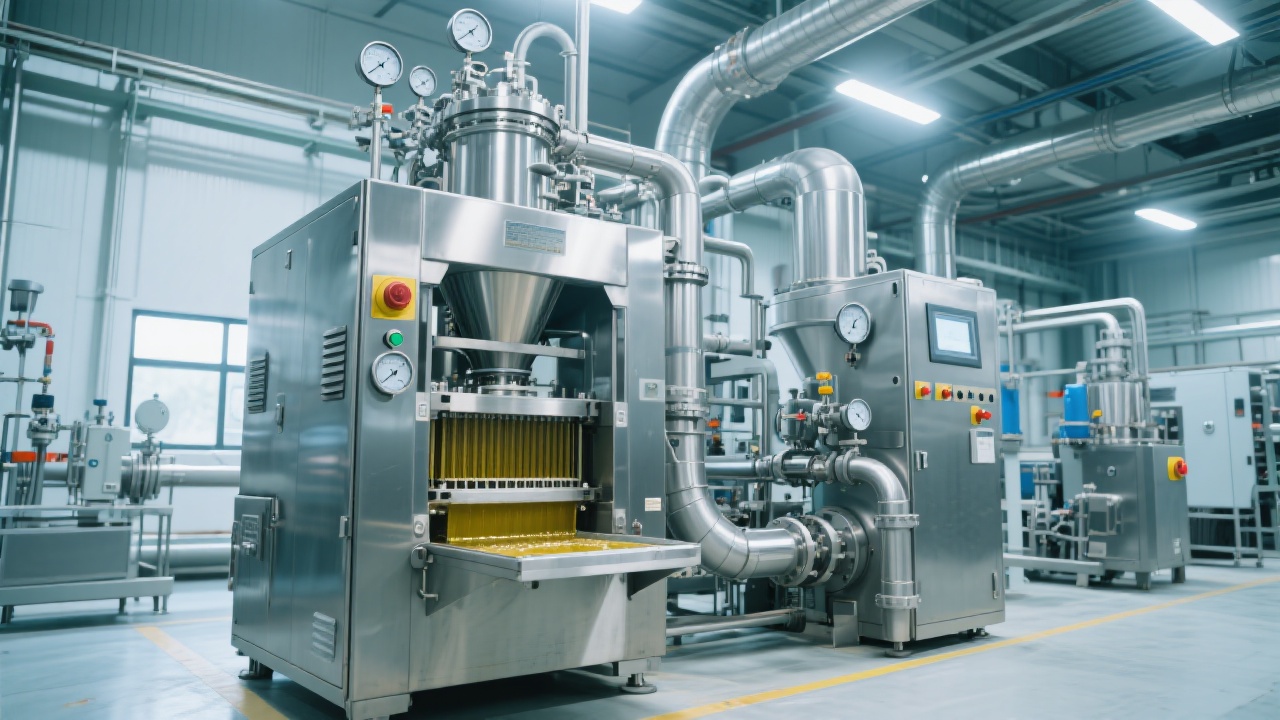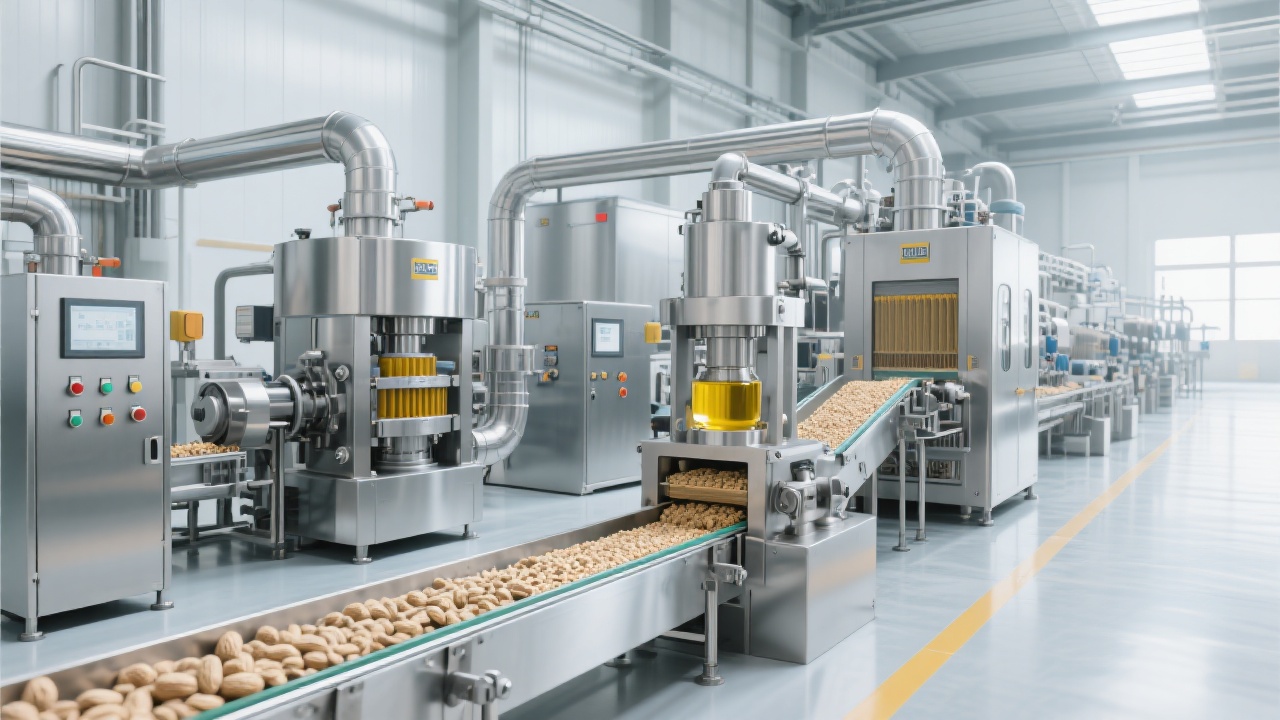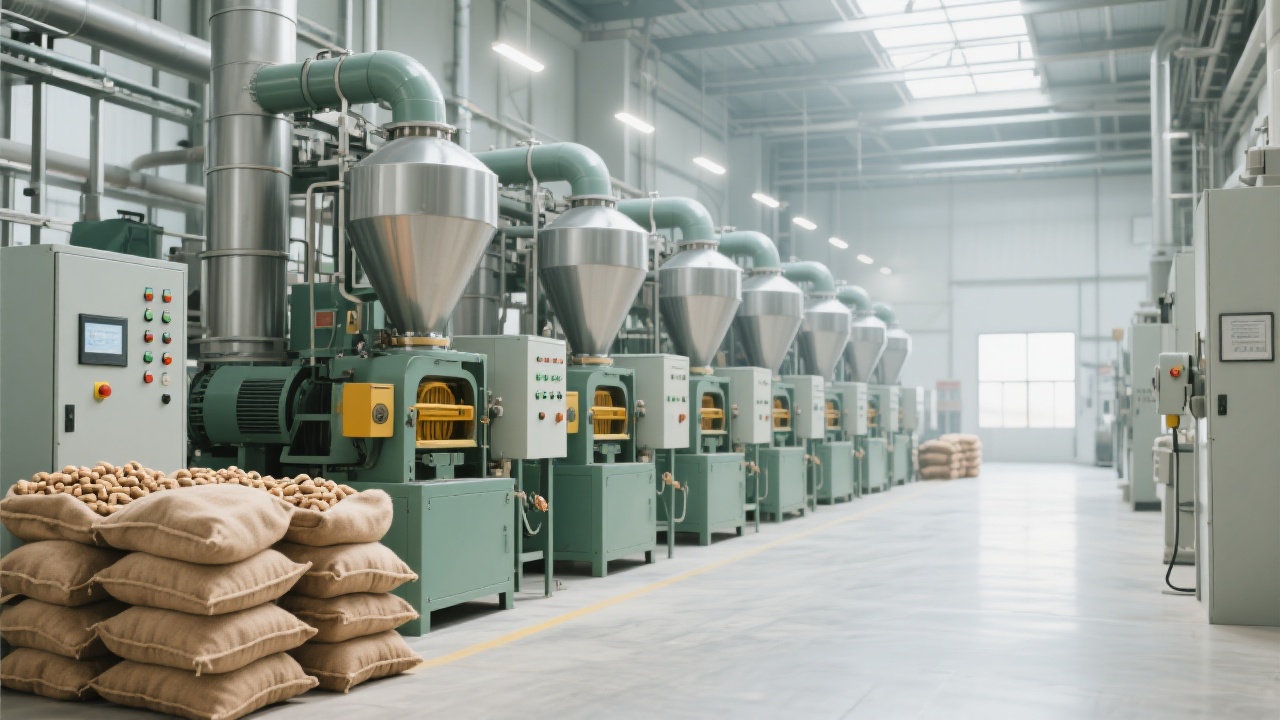
In the global peanut oil market, controlling the peroxide value is crucial for ensuring product quality and meeting international standards. This article delves into the entire quality control process in peanut oil production, from raw material selection to international certification, providing practical insights for peanut oil producers.
The quality of peanut oil starts with the raw materials. Producers should adhere to strict raw material standards. High - quality peanuts with low moisture content and free from mold and pests are essential. For example, peanuts with a moisture content of less than 8% are generally preferred as they are less likely to cause oxidation during storage and processing. By carefully screening raw materials, producers can reduce the initial peroxide value of the oil.

The pressing process is a critical step in peanut oil production. Adjusting pressing parameters such as temperature, pressure, and time can significantly affect the peroxide value. Lower pressing temperatures (around 60 - 80°C) are recommended to minimize oxidation. The use of a fully automatic peanut oil press can play a vital role here. These presses are designed to precisely control the pressing parameters, reducing human error and ensuring consistent oil quality. For instance, a fully automatic press can maintain a stable pressure throughout the pressing process, resulting in a more uniform oil extraction and lower peroxide values.
The automatic press also offers energy - saving and environmental protection advantages. It consumes up to 30% less energy compared to traditional presses, which not only reduces production costs but also aligns with green production requirements.
Regular and accurate detection of key indicators is essential for quality control. In addition to the peroxide value, indicators such as acid value, moisture content, and unsaponifiable matter should also be monitored. According to international standards, the peroxide value of refined peanut oil should generally not exceed 0.25 g/100g. By using advanced detection equipment and following strict testing procedures, producers can ensure that the oil meets the required quality standards.
| Indicator | International Standard |
|---|---|
| Peroxide Value | ≤ 0.25 g/100g |
| Acid Value | ≤ 0.6 mg KOH/g |

Obtaining international certifications is an important way for peanut oil producers to prove their product quality. Certifications such as ISO 9001 and HACCP require producers to establish a comprehensive quality management system. The certification process involves strict audits of the entire production process, from raw material procurement to product sales. By going through these certification processes, producers can ensure that their production processes meet international best practices and gain the trust of international customers.
Let's take a look at a real - world example. A peanut oil producer in Southeast Asia implemented a strict quality control system. By using a fully automatic peanut oil press and following international standards, they were able to reduce the peroxide value of their oil from 0.3 g/100g to 0.15 g/100g within a year. This not only improved the quality of their products but also increased their market share in the international market.

In conclusion, controlling the peroxide value in peanut oil production requires a comprehensive approach from raw material selection to international certification. The use of a fully automatic peanut oil press can greatly enhance the quality control process by reducing human error, saving energy, and ensuring product consistency. If you are looking to improve the quality of your peanut oil production and meet international standards, don't miss out on the opportunity to upgrade your production line. Discover how our fully automatic peanut oil press can transform your production process!

